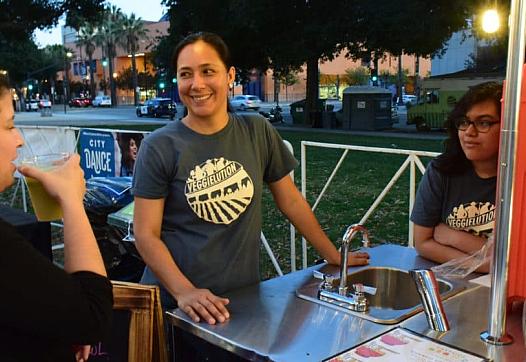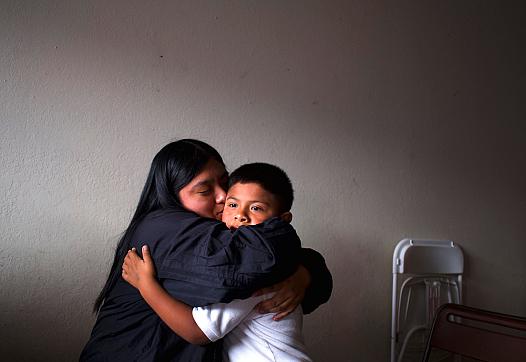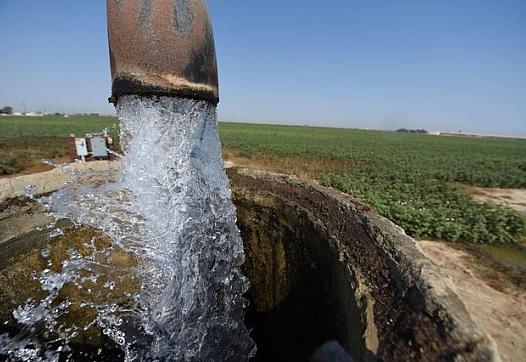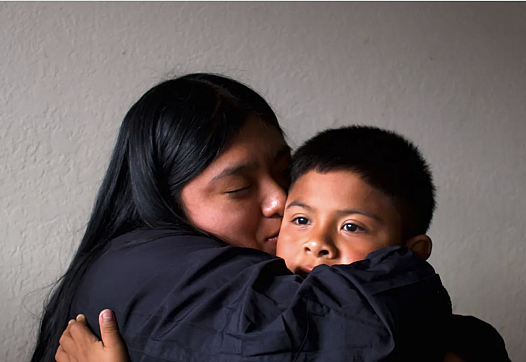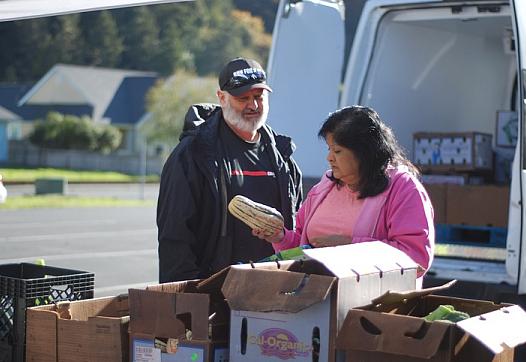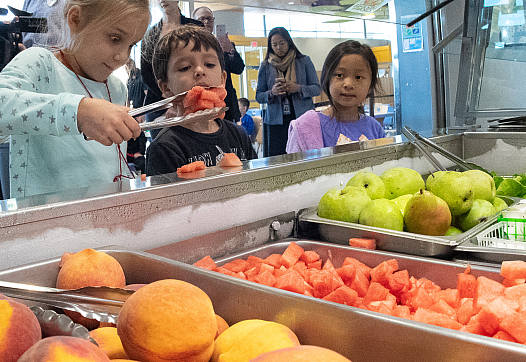_42.jpg?itok=owvLU95b)
My own morals and ethics frequently came into play, whether it was weighing the responsibility of protecting a source’s identity against the public’s need for transparency or deciding if a series like this warranted a more discerning look at certain systems and policies in place.

